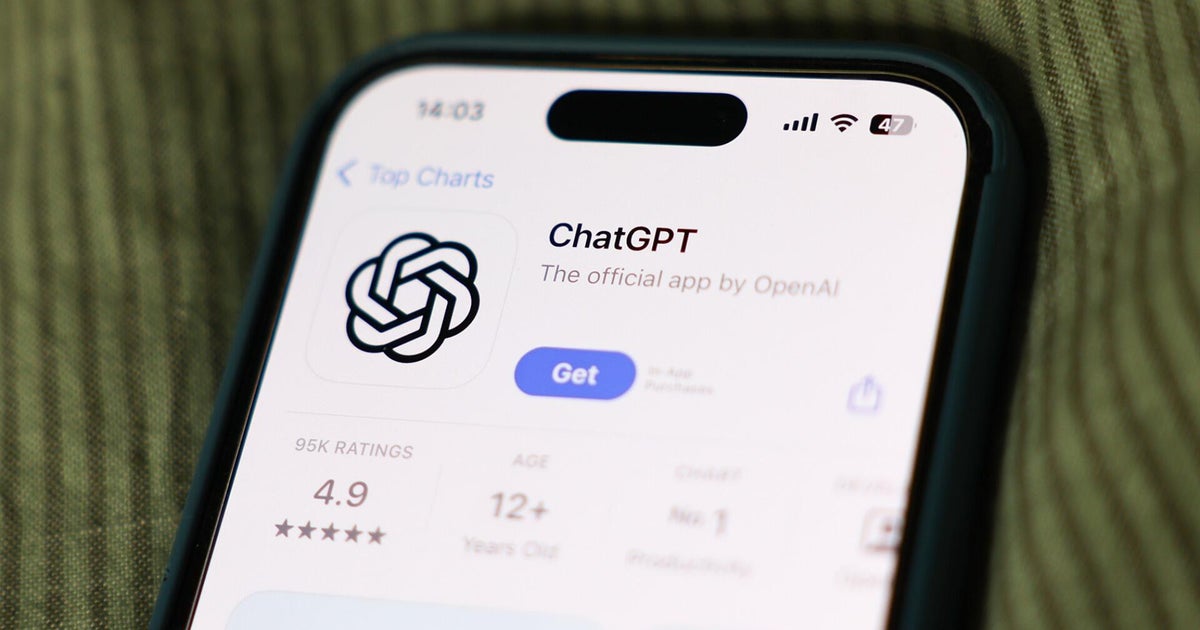‘We need to enable our people to deliver on the promise of AI. Traditional training models? Too slow. We’re now focused on continuous, top-down and bottom-up learning. Every day we’re building new knowledge, trying new tools and applying them with real clients. That challenge is also our greatest opportunity,’ says Joyce Mullen, Insight CEO.
As AI transforms the business landscape at breakneck speed, Insight Enterprises President and CEO Joyce Mullen says the company is shifting its identity to an AI-first solutions integrator, blending cutting-edge technology with a relentless focus on client outcomes.
“We need to enable our people to deliver on the promise of AI,” Mullen told CRN. “Traditional training models? Too slow. We’re now focused on continuous, top-down and bottom-up learning. Every day we’re building new knowledge, trying new tools and applying them with real clients. That challenge is also our greatest opportunity.”
From its early rollout of internal AI governance to scaling AI-enhanced services and launching tools like Radius AI, the Chandler, Ariz.-based solution provider is positioning itself not just as a technology provider but as a trusted guide for organizations navigating the promise and complexity of artificial intelligence.
“Responsible AI isn’t optional; it’s foundational,” she said. “We teach our teams to validate sources, watch for hallucinations and build guardrails into every solution we deliver.”
With a majority of clients now asking how to translate AI hype into real value, Insight, No. 20 on CRN’s 2025 Solution Provider 500 list, is answering with practical strategies, measurable results and ethical implementation frameworks, all while continuing to invest in acquisitions, cybersecurity and scalable platforms designed for speed, agility and impact.
CRN spoke further with Mullen about how Insight is helping organizations implement responsible, ethical AI frameworks as well as challenges, cybersecurity and more.
What do conversations around AI look like with customers right now?
It’s all over the map. Some clients say, ‘I just got a $120 million proposal from a big SI for an AI project; I don’t even know what that means.’ In those cases, we run our Radius assessment, break it into small chunks and deliver fast wins.
Others are skeptical and say, ‘I haven’t seen a single measurable result from AI .’ Then we pick one tiny use case, test it, prove value. And some are very advanced, they’ve got LLMs behind the firewall and need help on data architecture. That’s often the hardest part. But AI is touching everything, from code generation and customer service agents to media tagging. What used to take days now takes minutes.
How is Insight helping organizations implement responsible, ethical AI frameworks?
We’ve been ahead of the curve here. Just weeks after Microsoft’s ChatGPT announcement, we rolled out internal AI governance and policy. Our CISO was deeply involved. We don’t let our IP train other models. We teach our teams to validate sources, be aware of hallucinations and build guardrails into every solution we deliver. Responsible AI isn’t optional; it’s foundational.
So what’s your biggest challenge right now?
Upskilling our own team, no question. We need to enable our people to deliver on the promise of AI. Traditional training models? Too slow. We’re now focused on continuous, top-down and bottom-up learning. Every day we’re building new knowledge, trying new tools and applying them with real clients. That challenge is also our greatest opportunity.
What do you want more of from your vendor partners?
Simplification and agility. We need tools and infrastructure that are easy to implement, fast to deliver value and flexible. That’s whether it’s LLM access, public versus private cloud or subscription versus traditional pricing. Clients don’t have time or expertise to sort through 1,000 choices. We need our partners to help us make those choices invisible to the client and deliver seamless outcomes.
You’ve led Insight through some significant digital and strategic transformations. What has been your guiding philosophy through all that change?
When I first joined Insight, it was clear the company had already been investing ahead of the curve for a long time. Coming from Dell, what struck me was how essential the combination of hardware, software and services would be to delivering real outcomes for clients. So every strategy and investment has revolved around one simple but powerful principle: creating client value .
That means making sure our clients have the right devices, the right infrastructure for a hybrid cloud world and support across application modernization, data architecture, security, and now, AI. We’re here to help them navigate a landscape that’s bursting with possibilities but also increasingly complex. And we try to move fast. We don’t aim for 10-year deals that make money through slow change management. Our model is about delivering measurable results quickly, earning the right to do more and helping clients reinvest in future innovation. That cycle, value, reinvestment and innovation is what drives us.
So what’s the biggest ask you’re getting from customers right now?
There are two big themes—the first is tariffs. Clients are asking, ‘What do these new tariffs mean for us ?’ Honestly, no one has a perfect answer. But we do understand the supply chains, the OEM flexibility and inventory dynamics. So we help our clients make smart decisions even amid the uncertainty. Second, and more pressing, is AI. Probably 75 [percent] to 80 percent of our clients are saying, ‘AI seems huge, but what does it mean for me ?’ That’s where our role as a solutions integrator really shines. We’re deeply aligned with all the major cloud and on-prem providers, so we’re in a strong position to advise clients on where to run workloads and how to unlock real AI value.
You mentioned tariffs and economic uncertainty. How is that affecting your business and what you deliver?
It’s less about what we deliver and more about timing. The biggest impact has been hesitation. Clients are asking, ‘Do we do this project now or later ? Should we refresh all devices or just a subset?’ It’s creating delays and longer decision cycles. But everyone still needs tech. That’s why we’re laser-focused on delivering return on investment—whatever they choose to move forward with, it funds the next thing and the next. That momentum matters more than ever right now.
What would you say sets Insight apart from competitors?
We bring together a deep services practice and a strong VAR heritage with thousands of partner relationships, deep road map and product understanding and licensing expertise. Then we layer on elite skills across Microsoft, AWS, Google, ServiceNow, Dell, Cisco … you name it. Our sweet spot? The Fortune 300 and below. These clients have big IT budgets but often lack access to the elite tech talent that Fortune 50 companies get. We give them enterprise-grade support with the agility and attention of a partner who understands their unique needs.
Where do you see customers spending the most this year?
It’s a balance. They’re still funding ‘keep the lights on’ infrastructure. Security remains a huge focus, no surprise there. And yes, there’s a lot of budget being earmarked for AI, even though many clients are still in the testing-and-learning phase. That means investment around data, governance, policy and safe LLM access is growing fast.
What are your thoughts on the M&A activity in the market?
Consolidation is inevitable. Scale matters. That said, M&A is down a bit this year … again, back to the uncertainty. For us, that’s not a bad thing. We’re still actively looking for smart acquisitions, especially around capabilities where our clients need the most help. And we’ll continue to invest in those high-growth segments.
What’s new in cybersecurity for Insight?
Lots. Internally, we’ve built strong use cases we’re happy to share. For clients, it’s about gap analysis, pen testing, incident response and helping modernize networks with a security-first mindset. We’ve also got great cybersecurity partners that strengthen our portfolio.
Final question, what can we expect from Insight in the next one to two years?
We are pivoting to become an AI-first solutions integrator. You’ll see us formalize that strategy with new acquisitions, enhanced service offerings and deeper AI capabilities like Radius AI and managed services tailored to AI use cases. Security will stay front and center too. Bottom line: We’re building toward a future where we help clients realize real, measurable business outcomes, quickly, ethically and at scale.









 English (US) ·
English (US) ·